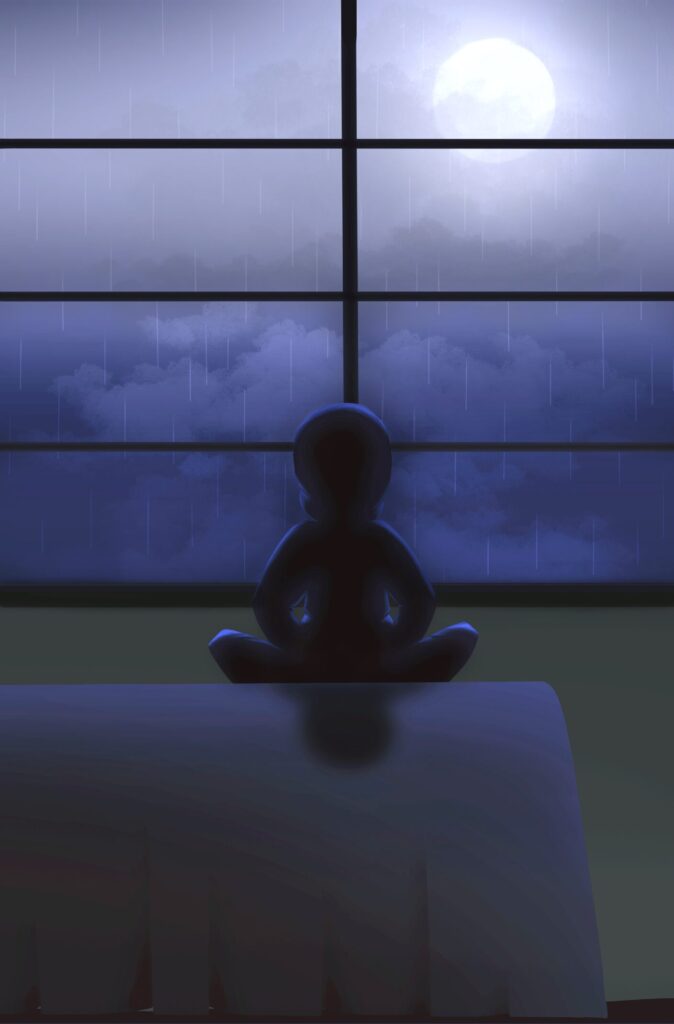By LUTHER ESTRIDGE
Student Reporter
“I’ve been on my own / Changing with the seasons
Dying with the leaves, I’m / Coming back around
Little did I know / Start to see the meaning
Find what I believe is / Coming back around”
These are lyrics from the song “Back around” by Half Alive and it addresses seasonal depression. “Changing with the seasons, dying with the leaves,” describes one of the ways seasonal depression can affect people. Seasonal affective disorder, also known as SAD, is a type of depression that’s related to the changes in the seasons. SAD for many people usually starts in the fall and continues into the winter months, making people feel depressed and lack energy. SAD can also cause depression in the spring and summer for other people. In either case, symptoms might start out mild and become more severe as the seasons progress.
If you start feeling down as the seasons change, or wonder if you might be experiencing SAD, here are some risk factors. One characteristic that can lead to developing SAD is having low levels of serotonin, as well as low levels of melatonin and vitamin D, which both help boost serotonin activity. Your biological clock could also be a reason due to the decreasing and increasing amount of sunlight. People with bipolar disorder and other forms of depression are more at risk of SAD. Another factor could be your genetics. If your family members, in the past or now, have SAD or another form of depression, it might help to see a health care provider.
Experts say there is no way to prevent seasonal depression, but there are many ways to stop it from getting worse.
“My advice to people experiencing seasonal depression is to reach out to people you love and let them know what you’re feeling,” Justine Priz, a general studies major, said. “Keep in touch with hobbies, friends, games or anything else you enjoy to take your mind off the way you’re feeling.”
Here are some tips to help people feel better during times of SAD:
Make sure to get enough vitamin D.
Try writing in a journal. It could have a positive effect on your mood.
Take some time off. Try getting away from the things that might be stressing you.
Exercise. As it does with other forms of depression, exercise can help alleviate SAD.
Make a schedule. Make one for meals, sleep or even exercise.
Be social. Talk to friends and family, go out and enjoy some activites.
Try light therapy. You can use a light therapy box, but simple night lights or LED light strips are just as good, even Christmas lights.
Create an autumn mindset. Prepare yourself for the seasons by doing certain seasonal activities.
Let some sunshine in. This may be the same as getting vitamin D considering how sunlight touching your skin creates it, but it’s also just nice to open windows or blinds and let the sun in.
Finally, talk to a doctor.


Leave a Reply